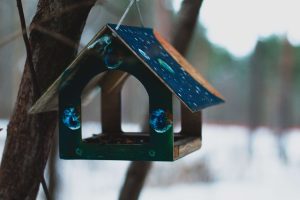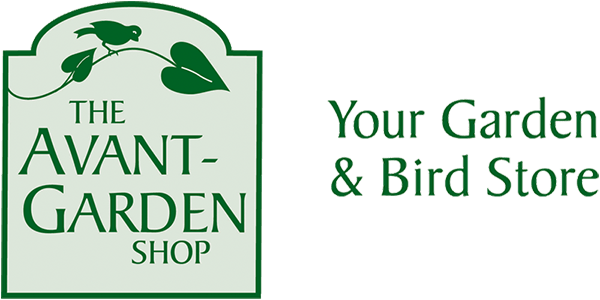 People often ask why they don’t have many backyard birds in the winter. Here, we explore some of the many reasons why this might be.
People often ask why they don’t have many backyard birds in the winter. Here, we explore some of the many reasons why this might be.
Birds need food, water, and suitable habitat year-round. The more of these available in your yard, and the better quality they are, the more likely you are to attract more birds.
Food
There are so many bird seed options out there that it can be hard to know what’s best. Bulk feed found in box stores often contains wheat and other seed fillers that birds simply don’t eat. If there’s a feeder nearby with high-quality seed, they’ll choose it over one with poor-quality feed.
Another consideration in the winter is ease of access. It takes work for birds to hull seeds. While this may seem trivial, energy/calories are at a premium in the winter months, so, as with overall quality, birds will seek out feed that provides easier access to precious energy.
A third consideration is that different species prefer different types of food.
Putting these together, the best way to attract birds to your feeders in the winter is to offer a variety of seed types – hulled whenever possible – via a variety of feeder types (e.g., platform, cylinder, nyger seed), including high-quality suet. Our January 2019 blog post describes our quality food and provides links to several relevant Garden Gate episodes.
Water
Birds need water year-round. During the winter, they typically get it from eating snow, the warming of which uses precious calories. A heated bird bath provides open water in the winter, which is likely to attract plenty of birds to your yard, enhancing your birdwatching pleasure as you help them out through dropping temperatures in January and February.
Suitable habitat
Shelter – from both the elements and potential predators – is so important, especially in the winter, that many birds are unlikely to use areas with plenty of food and water available unless there’s adequate protection for them, as well. In the winter, this means coniferous trees and shrubs. This is especially pronounced in neighbourhoods that only have deciduous trees. If your yard lacks conifers, you may want to consider planting some in the spring. Be sure to use native species to ensure they are non-invasive. The GreenUp Ecology Park’s nursery is a great place to start.
